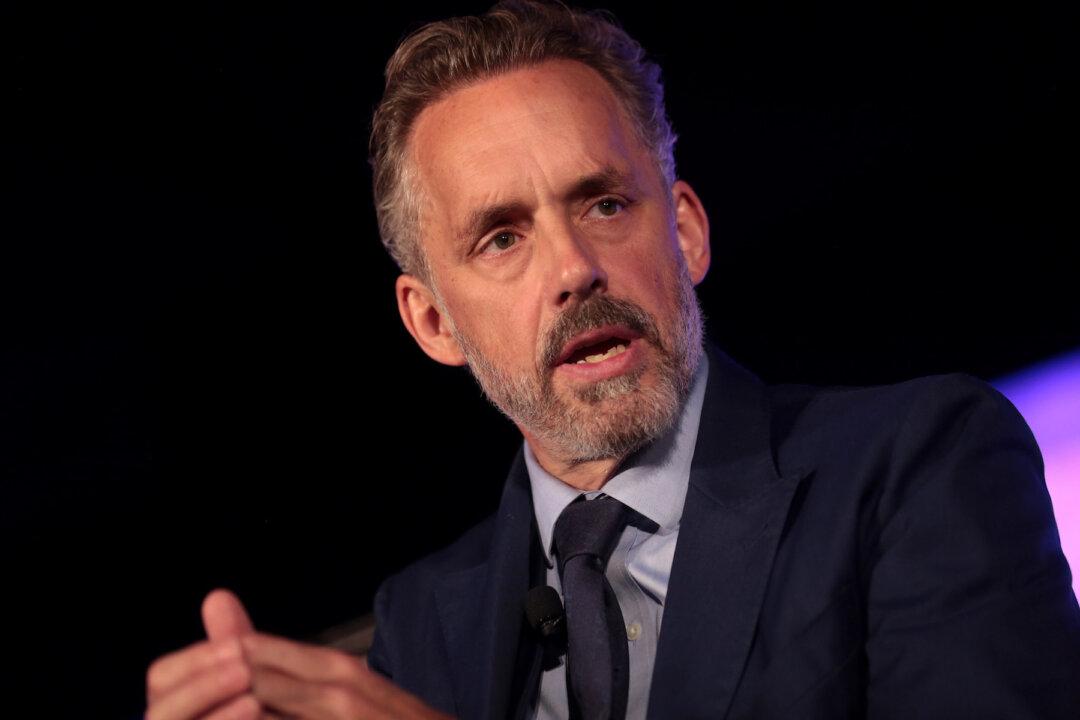Jordan Peterson’s clash with the College of Psychologists of Ontario (CPO) is just the latest in a long list of professionals engaged in internal struggles with their regulatory colleges.
Peterson’s international fame has shone the spotlight on the province, where many doctors and nurses are facing similar disciplinary action or investigation, such as at the College of Physicians and Surgeons of Ontario, the College of Nurses of Ontario, and the Law Society of Ontario.





